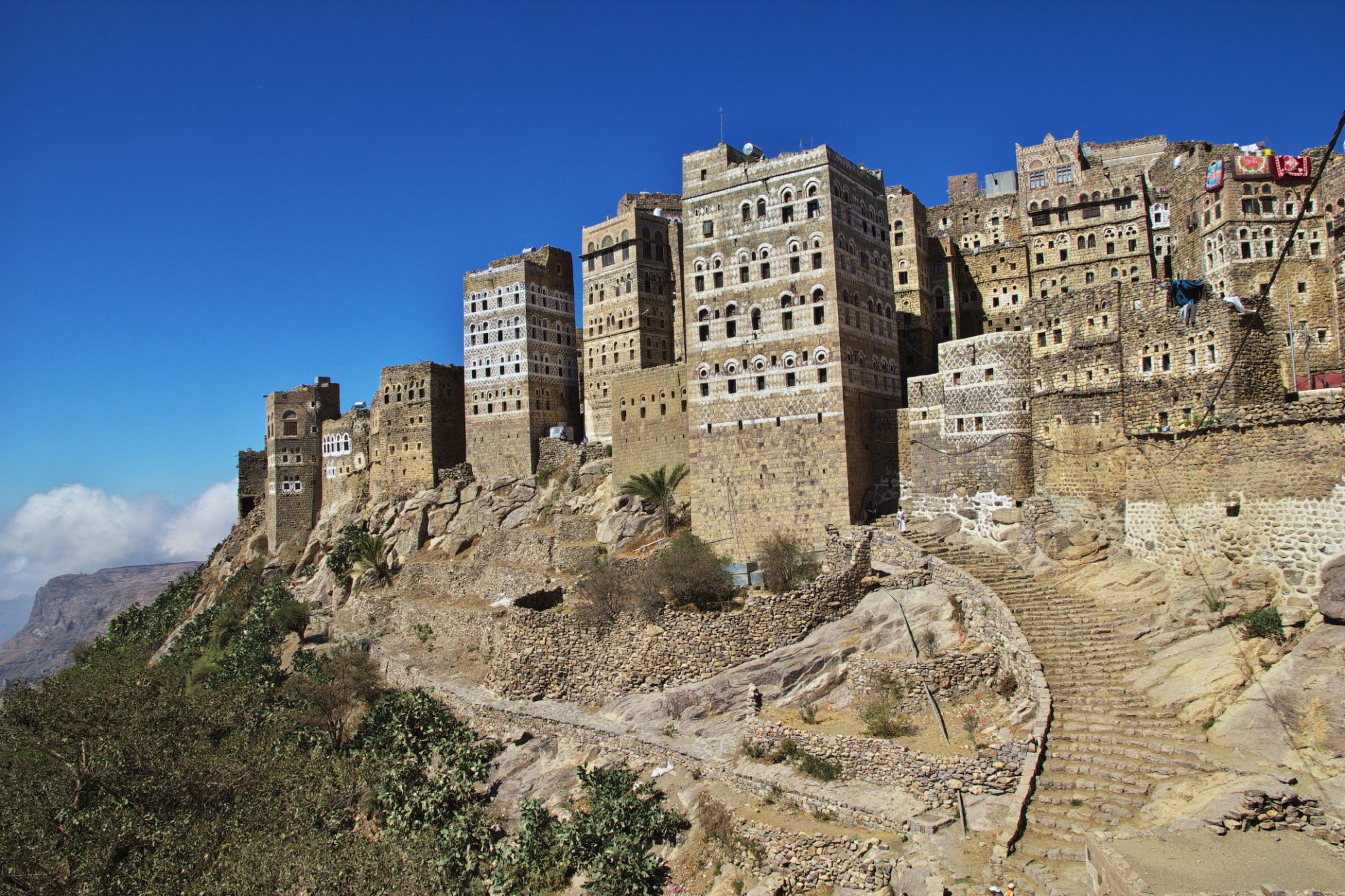Enhancing Climate Resilience: Insights from the Arab Multi-Stakeholder Forum on Biodiversity Finance
Understanding Climate Resilience
In the face of escalating climate challenges, enhancing climate resilience is becoming increasingly vital for communities worldwide. The Arab Multi-Stakeholder Forum on Biodiversity Finance recently shed light on innovative strategies to bolster resilience through sustainable finance and biodiversity conservation. This forum brought together policymakers, environmentalists, and financial experts to discuss collaborative solutions that address the urgent need for climate adaptation.
Climate resilience refers to the ability of communities, ecosystems, and economies to anticipate, prepare for, and respond to hazardous events or trends related to climate change. Enhancing this resilience involves a holistic approach that integrates environmental, social, and economic dimensions.

The Role of Biodiversity in Climate Resilience
Biodiversity plays a crucial role in enhancing climate resilience by supporting ecosystem services that provide natural defenses against climate impacts. Healthy ecosystems can buffer the effects of extreme weather, regulate water cycles, and support food security. The forum emphasized the need to protect and restore biodiversity as a fundamental strategy for mitigating climate risks.
Participants highlighted successful case studies where biodiversity conservation efforts have led to improved resilience outcomes. For instance, restoring mangroves along coastlines not only protects against storm surges but also enhances local fisheries and carbon sequestration.
Innovative Financing Mechanisms
A significant focus of the forum was on developing innovative financing mechanisms to support biodiversity and climate resilience projects. Traditional funding sources are often insufficient, requiring new approaches that leverage private sector investment and public-private partnerships. The forum explored mechanisms such as green bonds, impact investing, and payment for ecosystem services as viable solutions.

Stakeholder Collaboration
Collaboration among diverse stakeholders is essential for effective climate resilience strategies. The forum underscored the importance of engaging local communities, governments, and private entities in decision-making processes. By fostering inclusive dialogues, stakeholders can identify shared goals and develop tailored interventions that address specific regional needs.
Multi-stakeholder collaboration also ensures that the voices of marginalized groups are heard, allowing for more equitable and sustainable outcomes. This participatory approach enhances social resilience by empowering communities to take ownership of their adaptation strategies.
Policy Recommendations and Future Directions
The forum concluded with a series of policy recommendations aimed at enhancing climate resilience through biodiversity finance. Key recommendations included developing national biodiversity strategies aligned with climate goals, integrating ecosystem-based approaches into national planning, and strengthening regional cooperation.
Looking ahead, the forum participants committed to continued dialogue and knowledge sharing to build on the insights gained. By fostering a culture of collaboration and innovation, the Arab region can lead the way in pioneering effective climate resilience strategies that can serve as models for other regions around the world.

